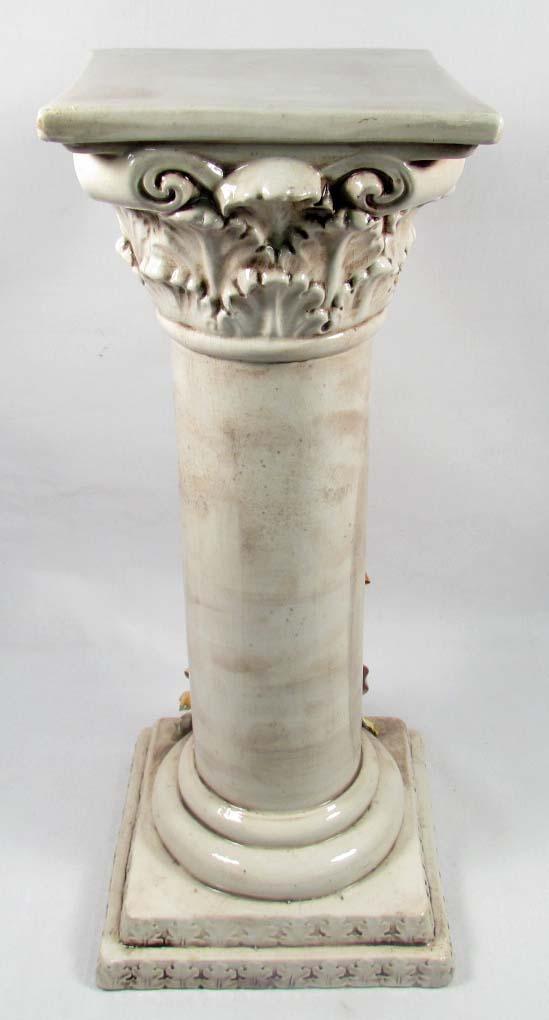I have come to wonder if placing our teachers on pedestals is about elevating them, or if it's really about lowering and restricting ourselves? Elevating our teachers to a realm beyond what is humanly achievable can be a strategy for minimizing our own expectations, and thus our disappointments. If the goal is unachievable there are fewer uncomfortable demands, and one's failure is expected and thus a softer blow.
It can also be a way of giving away our own responsibility for being our own teacher. I can leave all the learning and critical thinking to the guru in front of me. If someone else is in charge of the thinking and learning then the reason and pain in failure can be deflected.
Respect, Not Perfect
Respecting our teachers, as we respect our peers, is valuable and honourable. Allow yourself to empty the cup, receptive to what someone of greater experience and knowledge can offer you. Respecting the person at the front of the class is about efficiency of delivery (easier to have one person speak and the others listen — though obviously teaching is a much more nuanced offering than this) rather than hierarchy.
Build an awareness of how you put others on pedestals and ask yourself if it serves either of you as teacher or student. Does someone need to be perfect or superhuman to have something to offer? Perhaps in honouring their flaws, we can find a way to be easier on ourselves. Seeing our teachers as students, strivers, and peers, even when they are our mentors, can serve as an inspiration for what is "really" possible and can help us stay connected with mastery as a journey and not a destination.
